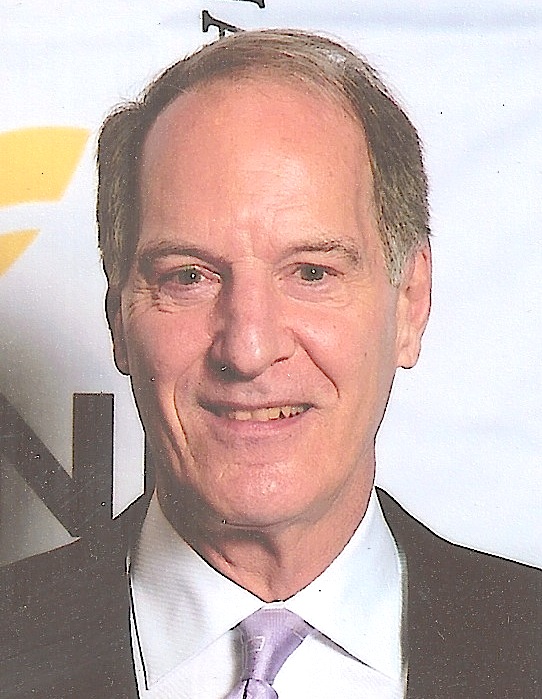
Although the question is a complicated one, the answer is both simple and obvious: The Virgin Islands are very American. The United States has a permanent undeclared mental health emergency. It has been going on ever since I was young. It goes through different cycles and stages, but it never goes away.
For much of the 20th century, mentally ill people – with a range of diagnoses – were either locked away in invisible institutions or left to fend for themselves, the well-known "crazy uncle in the attic." Then, when the horrors of many of the lunatic asylums were revealed, we entered the age of reform, the era of "de-institutionalization."
Unfortunately, the great reform occurred just at the time that "government" was under attack, taxes were beginning to be seen as theft from the "makers," and American society no longer had time for losers and surplus populations. Result: the world that we have lived in during the recent past.
We continue to live in that era, despite lip service to the contrary. For example, whenever there is a mass shooting of some kind by a native-born white American, a regular occurrence in our society, we immediately hear a hue and cry for beefed-up mental health services.
(If the perpetrator is black or Muslim, the issue is no longer one of mental health. They are evil, a whole other dimension. This is why addiction is a moral failure for poor people and racial minorities and a medical issue for middle class whites. The first group goes to prison, the second to rehab.)
But, of course, after the horrific event little is done to expand mental health services. Why is that? This question is the one that brings us to the major differences between the mainland and the territory. The reason that nothing is done is because those who count don’t care about the groups in question. Every study done on the subject shows a dramatic decline in empathy in our country over the last several decades.
The reason that the mental health "crisis" is more severe in the Virgin Islands than it is on the mainland, where it is severe enough, is that the portion of the population that lives in poverty is so much greater than it is on the mainland.
And with poverty, especially deep, multigenerational poverty, comes a range of consequences, illnesses, disorders and hopelessness.
So if you can’t put yourself in the other person’s shoes, can’t we just keep them out of sight? After all, why should "normal" people be made to feel bad because of the presence of mentally ill and homeless people? What adds to the sense of a mental health crisis in the Virgin Islands is that, in small places, the mentally ill can’t be hidden.
They can’t be exiled to the Bronx or the outskirts of the city as they are in New York City or to skid row as they are in Los Angeles. They are, as the saying goes, in your face. It is a daily test of the tension between "there but for the grace of God …" and no time for losers.
In a very useful study, Colleen Brown and Alexandra Bodden survey Caribbean nations’ mental health services. (Interestingly, they include the BVI but not the USVI). They document a range of mental health conditions and disorders by island group and a similar variety of responses.
For example, Barbados spends 7 percent of its budget on mental health services, while the Dominican Republic spends only 1/2 of 1 percent. The French islands spend a robust percentage of budget and have an extensive mental health network but, not surprisingly, these services are not well-adapted to local conditions.
Brown and Bodden spell out steps that every community can take, even in the absence of adequate numbers of psychologists and psychiatrists. These include community, school and religious training and outreach, public awareness programs specifically designed to eliminate the stigma associated with mental illness, and preventive and alternative measures like mindfulness.
But budgets and service networks reflect something deeper. There is a need to care about others. There is a need for a "de-otherization" process, to embrace the notion that the affected groups are part of "our" community and deserving of our help and support. There is a need to reverse the erosion of empathy.
We are currently a long way from being there, another area in which the territory seems to be very "American." Step one is to find the will. And, to quote the old saw, “Where there is a will, there is a way.” But the will comes first.





